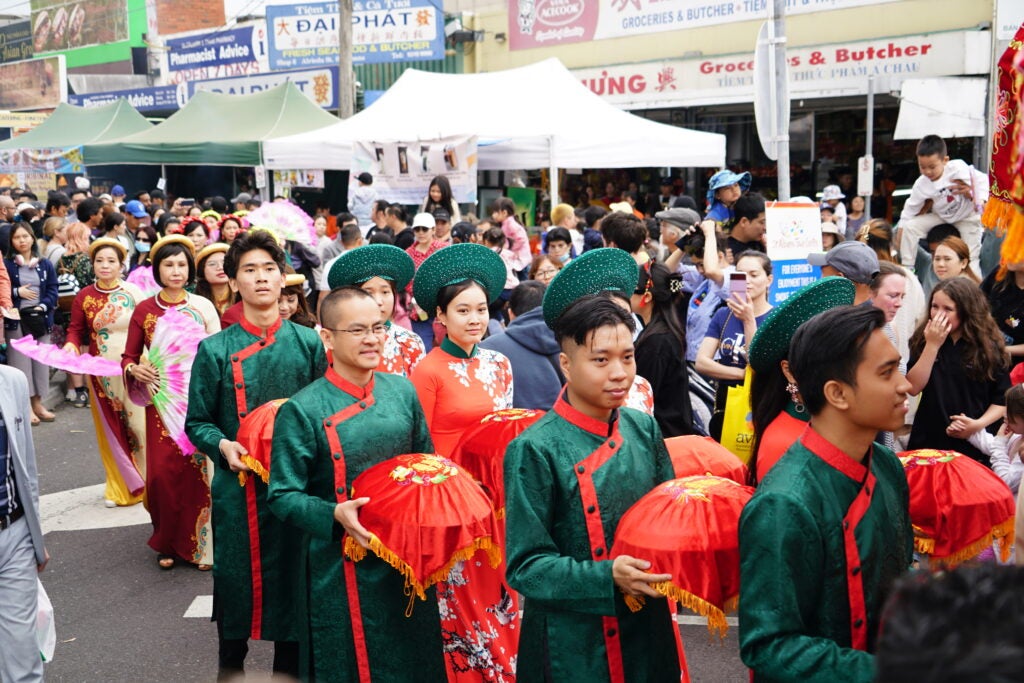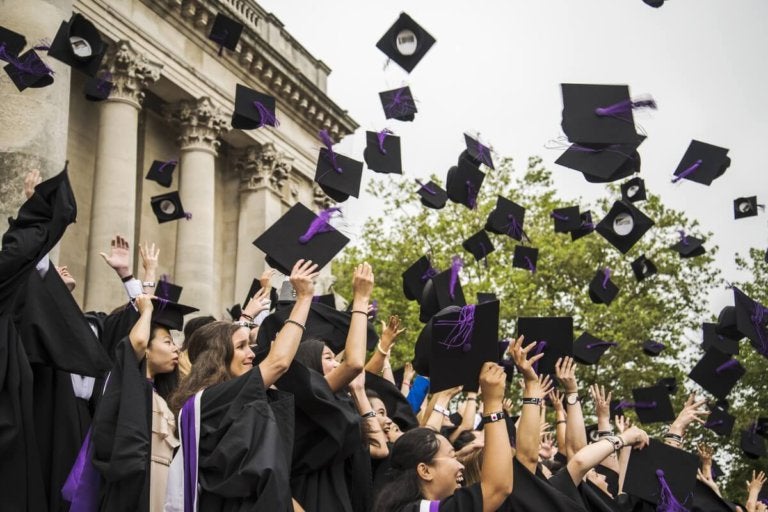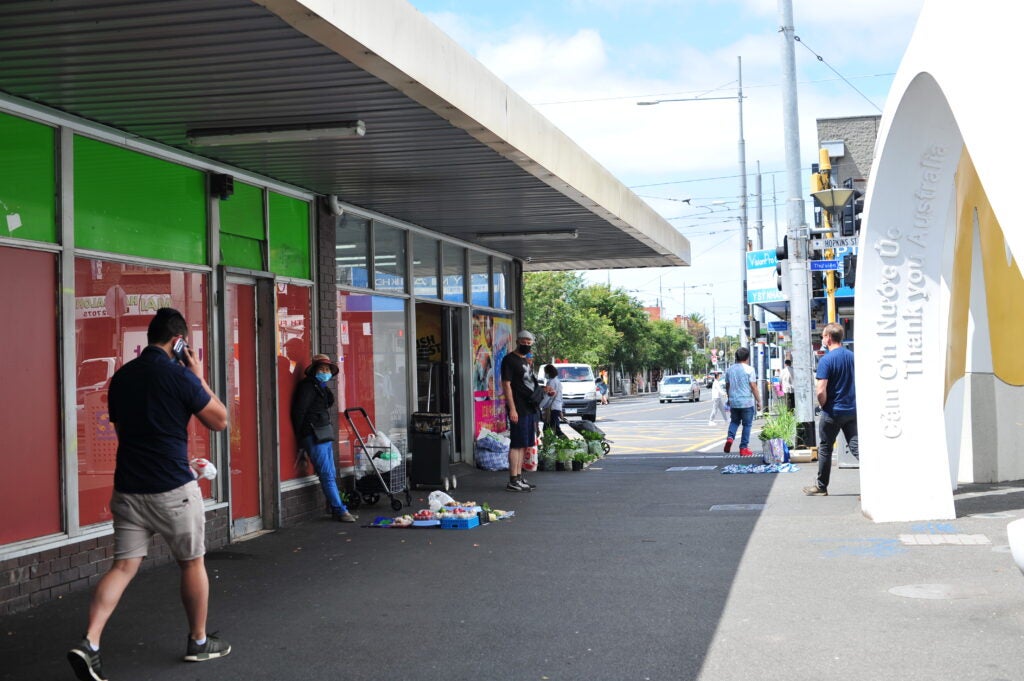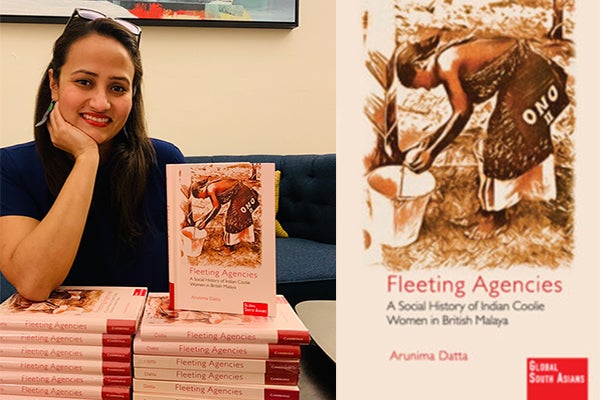Mediating Migration in the Digital Age: Insights from Australia
https://doi.org/10.25542/w4bd-bc15
Audio Player
The rapid expansion of digital technologies and social media platforms in the last two decades has radically transformed the ways migration is experienced by people on the move. Real-time communication and social media engagement enable forms of ‘co-presence’ that sustain social relationships and emotional bonds across distance and promote solidarity, active citizenship, and political engagement among otherwise isolated and disempowered individuals. The emergence of virtual communities and digital cultures leads to the formation of ‘platformed migrant subjectivities,’ creates new spaces for migrants to craft and share narratives about their identity and belonging, and gives new meanings to diasporic encounters and communities. The content produced and consumed on social media platforms fashions new ways of being and doing, creates novel social connections, and fosters a sense of community among strangers with shared values and purpose.

A question that remains underexplored in ‘digital migration studies’ is how meso-level actors, including migrant networks, commercial brokers, employers, smugglers, and traffickers, utilise social media and networking platforms to motivate and facilitate migration. The global scholarship on migrant networks and the migration industry remains, with a few exceptions, largely focused on offline linkages and dynamics. Digital migration scholars, on the other hand, downplay the non-virtual social and commercial aspects of migration mediation.
In our research on Vietnamese and Chinese migrants in Australia, we bring together three distinct bodies of scholarship that have treated migrant networks, the migration industry, and digital technologies separately, even though they often overlap in reality. Our analytical engagement is supported by a combination of multi-sited fieldwork, a network-based approach, and digital ethnography, which allows us to examine how transnational migration is imagined, mediated, and experienced in the Digital Age. With a focus on networks, communities, and commercial brokers at the intersection of social-digital spheres, we see the virtual and the physical not as separate social fields in migrant lives but as a spectrum of sustained strong and weak ties as well as existing and emerging prospects that enable transnational mobilities.
The significant growth of Asian migration to Australia in the past decades has fuelled the rapid expansion of the migration industry on both sides of the border. As of June 2023, there were 4,883 registered migration agents (RMAs) in active service in Australia, advising and lodging visa applications on behalf of migrants and their family members. Between January and June 2023, RMAs lodged 68 per cent of Business Skills visa applications, 57 per cent of Employer Sponsored visa applications, and 57 per cent of Temporary Skill Shortage visa applications. However, these official figures do not capture the wide array of informal brokers who facilitate migration without formally lodging visa applications for their clients.
Although Australian higher education institutions do not strictly require international applications to go through authorised agents, it is very common for students to seek agents’ assistance mainly because they do not have to pay for it. Agents receive commissions (and in some situations bonuses) from education providers. According to a recent media report, 76 per cent of international students at Australian universities obtained the assistance of an education agent for their enrolment and visa application. Agent services are particularly crucial for those wishing to transition from a temporary visa to a permanent one because of the complex and ever-changing bureaucratic requirements of Australia’s migration regime.

Registered migration agents operate within a highly regulated framework in Australia. Under Australia’s Migration Act 1958, any person providing immigration assistance for financial gains must be registered with the Office of the Migration Agents Registration Authority (OMARA). Since 2006, agents must also have a practising certificate as a lawyer or have successfully completed a Graduate Diploma in Australian Migration Law and Practice and passed the Migration Agents Capstone Assessment to enter the migration advice industry. Agents who engage in unethical and/or unlawful practices are subject to OMARA’s sanctions, including caution, suspension, and cancellation of their registration. Migration agents are required to complete Continued Professional Development (CPD) courses each year to have their registration renewed. The migration advice industry had a revenue of A$1.2 billion in 2023, which excludes the informal revenue generated by both registered and unregistered agents based in Australia or overseas. Education agents are, however, not subject to any direct form of state regulation, control, or supervision.
Hoang’s recently completed fieldwork on Vietnamese migration to Australia highlights the transformational effects of the digital boom on migrants’ aspirations and practices and the power dynamics between migrants and migration brokers. In conventional migration mediation transactions, brokers tend to have the ‘upper hand’ thanks to their privileged access to and control over information, especially when migrants do not have the required language skills or technological savviness to tap into alternative information sources. In contemporary flows of migration to Australia, brokers’ control over information has never been absolute. This is not only because most people hoping to migrate to Australia use English functionally (which is one of the visa requirements) and can access official information on the Government’s websites easily, but also because other free and diverse information sources are readily available on social media.
Digitalised networks of social and commercial nature intersect to motivate and facilitate migration. In the Vietnam-Australia migration corridor, Facebook has become a vital ‘gateway’ connecting Vietnamese migrants with other actors in the migration industry, changing the way brokers promote their services and engage with their clients. Facebook is the most popular social media platform in Vietnam, with a penetration rate of 95 per cent. With 80.9 million users in 2022, Vietnam ranks seventh in terms of the total number of Facebook users in the world. Vietnamese people spend 2.5 hours a day on average on Facebook, which explains why the platform is considered one of the most effective and affordable, if not free, marketing tools for businesses targeting Vietnamese consumers. Facebook enables migration brokers to access a wide range of potential clients, but challenges their previously dominant position in migration negotiations. Current loopholes in Australia’s migration policies are widely promoted on Facebook by commercial brokers as life-changing opportunities for people who are ineligible to enter Australia via the ‘front door’ as students or skilled migrants, resulting in significant socio-demographic shifts among those aspiring to migrate Down Under.

The relationship between digital connectivity and mobility is, however, not straightforward or consistent across contexts. Access to free and diverse sources of information from both commercial brokers and other migrants on social media platforms helps middle-class English-speaking individuals reduce migration costs and risks but subjects low-skilled migrants from disadvantaged backgrounds to multiple risks of fraud and exploitation (as exemplified by Chinese ‘students’ who are forced into ‘modern slavery’ situations). The varying capacities of migrants in navigating the social-digital world result in different migration pathways and outcomes. Here, technological advances do not create a level playing field for migrants but reproduce social inequalities among them throughout migration journeys and at the destination.
A focus on migration mediation at the intersection of social-digital spheres illustrates complex and entangled processes across multiple borders, which pose significant challenges for immigration and border control. With the tightening of migration policies in recent years, migrants to Australia are likely to rely more heavily on non-state agencies and technological innovations to gain entry to and settle permanently in the country. Migration brokers are not merely ‘migration advice providers’, as they are referred to in policy discourse; in many situations, without these brokers, migrants would have never considered moving. Post-pandemic economic uncertainties and the fast-changing geopolitics may bring unforeseen challenges and complexities to the global higher education industry and overall migration governance. The treatment of migration as a physical movement undertaken by autonomous individuals independent of their social networks and market forces will continue to hamper state efforts to ensure border security and territorial integrity.
The views expressed in this forum are those of the individual authors and do not represent the views of the Asia Research Institute, National University of Singapore, or the institutions to which the authors are attached.
Lan Anh Hoang is Professor in Development Studies, School of Social and Political Sciences, the University of Melbourne. She has published extensively on migration, gender, family, identity and belonging. Lan is the author of 'Vietnamese migrants in Russia: mobility in times of uncertainty' (Amsterdam University Press 2020), winner of The Association of Mainland Southeast Asia Scholars Book Prize in 2022, and co-editor of ‘Transnational Labour Migration, Remittances, and the Changing Family in Asia' (2015) and ‘Money and Moralities in Contemporary Asia’ (2019).
Juan Zhang is a sociocultural anthropologist and currently Senior Lecturer in the Department of Anthropology and Archaeology at University of Bristol. Zhang’s research explores borders and transnational migration in various forms, with particular interests in Asian borderlands, migrant im/mobilities and transnationalism, cross-border cultural politics, and China.










